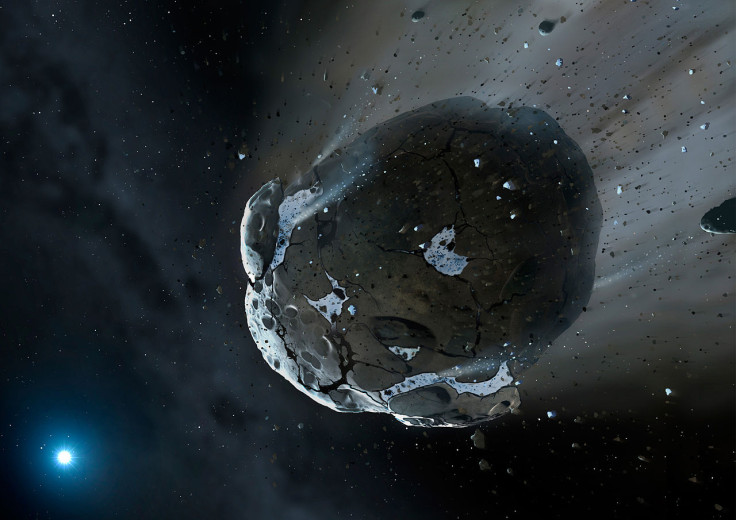Earth under no threat from giant asteroids says Sky Survey head Eric Christensen

A leading scientist has claimed that the Earth isn't at any threat from being hit by an apocalyptic asteroid - for the time being at least.
Speaking to New Scientist, Eric Christensen of the University of Arizona and head of the Catalina Sky Survey, a Nasa-backed project that has been tasked with searching for life-threatening asteroids in space using Earth-based telescopes, said that the regular reports of Earth-destroying asteroids and meteors are nothing to fear.
"The asteroid impact threat is very easy to overstate and misunderstand. The popular conception of asteroids is that they are menacing and going to kill us all, and it's just not true," he said.
The most devastating meteor impact in recent times is the Chelyabinsk event in 2013 when a 20m wide asteroid exploded over the Russian city. Although no one died but 1,500 citizens were injured as windows shattered and buildings were damaged.
The event was surprising as astronomers did not see it coming. The benefit of larger, life threatening asteroids - over a kilometre in size - is that they are easy to spot and the experts can account for their location.
Smaller ones however, such as in the Chelyabinsk incident, are difficult to anticipate with the difference between the amount astronomers have seen and the amount they estimate are out there being vast.
In spite of their small size, asteroids can still be catastrophic. Ed Lu, chairman of the B612 Foundation which is looking to build a private asteroid-hunting space telescope, also told New Scientist: "We're talking about things that might 'only' set the world economy back by a thousand years, or might 'only' kill 100 million people - those are the kinds of things we haven't yet found."
However, Christensen added that an event similar to Chelyabinsk is unlikely to happen soon: "It's probably going to be centuries before an asteroid like that hits over a populated area."
© Copyright IBTimes 2025. All rights reserved.






















